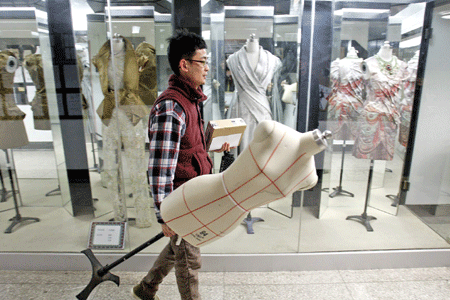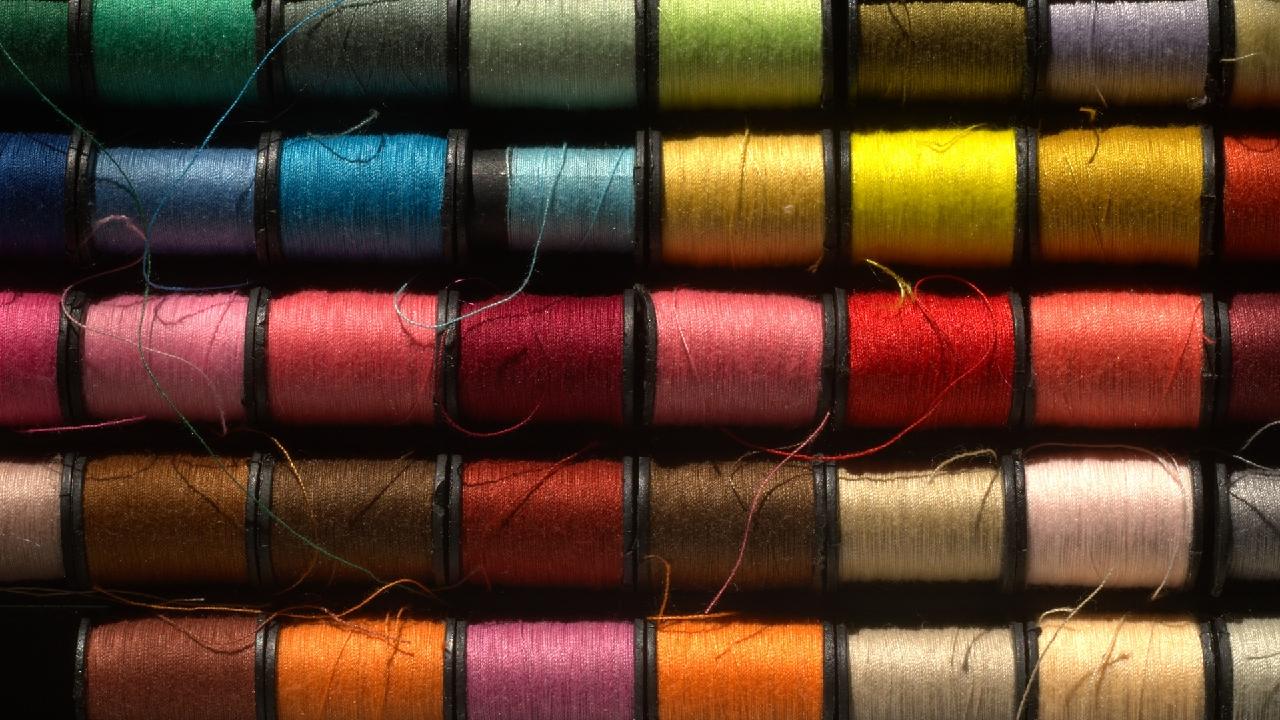|
A recent Chinese-African cotton agreement could usher in a new era for the African cotton industry - but not in the short-term, say industry experts. Under the agreement, signed in December with four key cotton-producing African countries - Benin, Mali, Chad and Burkina Faso (known as the C4) - China stated it would provide machinery, expertise and materials in a bid to increase and improve the quality of local production. At the signing ceremony in Geneva, Chinese commerce minister Chen Deming suggested this was a step towards outsourcing production to Africa. "In [the] longer term, we may relocate some of the textile and apparel industry into Africa," he said. Chen added this agreement represented China's support of the "aid-for-trade" exchange programme, promoted by the World Trade Organization (WTO) for its stagnant Doha Development Agenda trade negotiations and that "hopefully cotton farmers in C4 will benefit from this agreement in three years". Yet experts remain unconvinced over the immediate benefits for C4; its effects on the Chinese cotton industry; and on its relevance to Doha. "Chinese companies prefer buying cotton from the US because of its good quality and lower price, especially with the appreciation of the Chinese currency [the] yuan," said Wang Qianjin, analyst at Shanghai World Dimension Information, a consultant firm serving the domestic textile industry. In November, according to China customs (the General Administration of Customs of the People's Republic of China), China bought 32,000 tonnes of cotton from the US, up 376.7% from October. From January to November 2011, China bought 2.57m tonnes of overseas cotton, up 8.3% year-on-year. The US and India were the top two suppliers. By contrast, African cotton is more expensive than its Indian counterpart and carries no guarantee of quality; which is "definitely not what Chinese textile companies are looking for," Wang said. That said, C4 does have some advantages to build on which is why a number of Chinese textile manufacturers have opened plants in Africa, but not many. One of them is the Zhuji, Zhejiang province-based Yuemei Group, which owns cotton fields, garment plants and sales offices in African countries including Mali and Ghana. In Nigeria, Yuemei has an industrial zone designed to attract Chinese textile companies. So far, it has three companies from Zhuji and two from Jiangsu province and Shandong province. "They [the African nations] have cheap labour and huge potential to improve cotton production and quality with China's help, so in the long run I think African cotton could be competitive," added Wang. Yet all of this ultimately depends on receiving the Chinese government's committed support, and there is no guarantee of that, said a source familiar with the agreement. "So far, there is no official information on the process except the press release, so it's hard to say how C4 can benefit from the agreement," the source said. And neither China nor the US, two nations with heavily subsidised domestic cotton industries, has announced any specific cuts in those cotton subsidies, a key to ending the Doha Round, (and ironically, the key policy goal of the C4 group of countries), he added. "An aid-for-trade agreement is certainly not enough," the source said. |
|
Chinese deal could herald new era for African cotton
Updated: 2012-1-12 Source: Just-style

Recommended News
Photo Gallery
Most Popular



